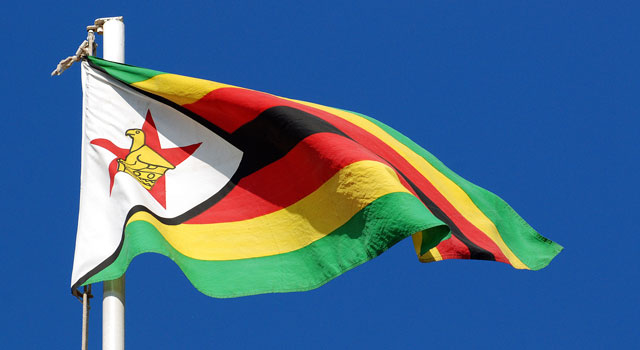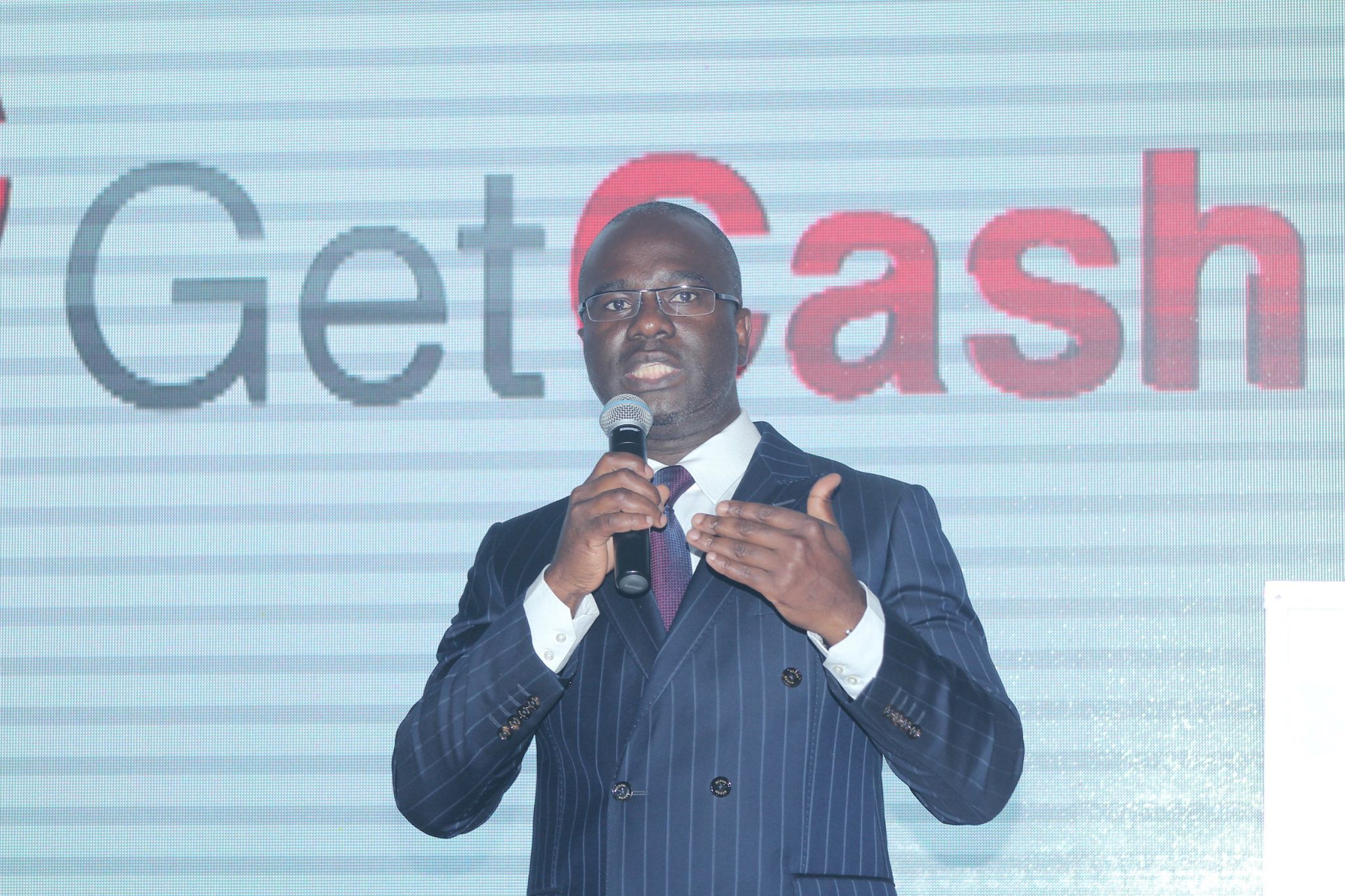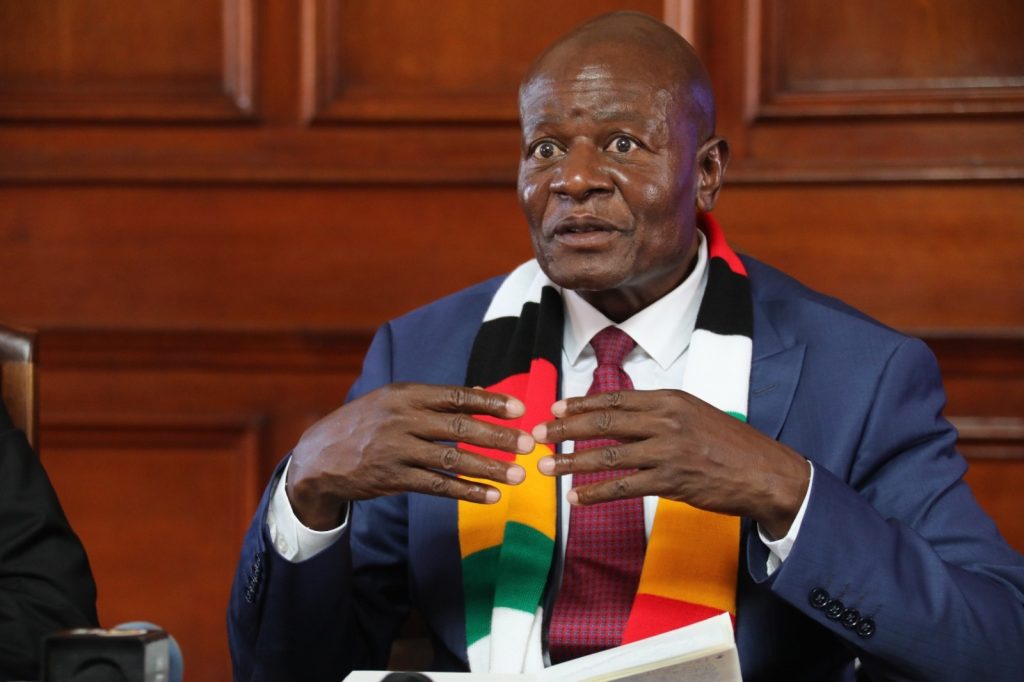IN December last year, a month after taking over the reins from longtime leader Robert Mugabe, Zimbabwean President Emmerson Mnangagwa visited South Africa to woo investors.
After meeting Zimbabweans residing in the neighbouring country, he implored his compatriots in the Diaspora to assist their country to recover from 37 years of bad governance.
A grouping of ambitious South African-based Zimbabweans have heeded the call by forming an organisation that seeks to help turn around the fortunes of the country's macro-economy within the coming ten years.
The Global Association of Zimbabwe Entrepreneurs (GAZE) hopes to achieve this by inculcating a culture of self-confidence, innovativeness and enterprise amongst Zimbabwean people.
"We aim to take advantage of our substantial education system and the central government's indigenisation drive to support our local business people through the promotion of their products or services to meet international standards," Thando Ncube, Director of GAZE, said in an interview with CAJ News Africa.
Ncube said they aimed to revitalise the Zimbabwe economy so it could make an impact in the world through trade in the same manner as China and India.
Particularly, China, Asian countries are powerhouses in technology.
"Within the framework of our ten-year plan we wish to see a situation whereby Zimbabwe starts exporting quality products fully made and packaged in Zimbabwe such as motorcycles, cars, cellphones, radios, DVDs, computers and aeroplanes," Ncube said of his organisation's lofty ambitions.
While their plan might seem supercilious, Ncube feels it is attainable with focus and dedication.
"Our concept seems almost impossible but with the right frame of mind and attitude, Zimbabwe can become the first African country to advance to such a stature in economic growth," argued Ncube.
"I was looking at the Indian economy. It was in shambles 30 years ago but they managed to turn it around. For example, Tata Indica and Mahindra (automobile firms) are brands that are the pride of India. In 2013, Tata Indica was one of the highest-selling hatchback vehicles in the motor industry," he added.
Ncube deplored a lack of unity among Zimbabweans in the Diaspora.
"I wish they can emulate Ethiopians, who have pulled their resources to empower one another. That's why they top the list of Africa's millionaires."
GAZE is registered as a non-profit organisation (NPO) with South Africa's Department of Social Development but hit some bumps during the registration process.
"Our first application was rejected by government (South Africa), which suggested since our policy was to effect policy through the central bank, it will be important to involve South Africans into the board to form a quorum. We did that and gave locals a 51-percent stake as in the broad-based economic empowerment (BBEE)," Ncube said.
Ncube, who used to work for the Zimbabwe's Small and Medium Enterprise (SME) ministry, and said the stint showed him the extent of the country's entrepreneurial spirit.
"However that is only possible with government support," Ncube added.
Unofficial figures indicate of the number of Zimbabwean migrants in South Africa, since 2000, range from one million to three and half million.
Ncube believes the country can use this brain drain to its advantage by tapping into the knowledge gained by its citizens over the years out of the country.
Zimbabweans are usually held in high regard outside the country for their resourcefulness.
"Zimbabwe has lost a lot in terms of brain drain. However, we can turn this around by embracing new technologies as the world move into a digital fourth industrial revolution," Ncube equipped.
GAZE believes home-grown solutions are key to the resuscitation of the country.
"I am quite sure that each and every Zimbabwean is now fully aware of the impact of relying too much on foreign direct investment, either from the East or the West," Ncube argued.
He acknowledged the great contribution by some indigenous Zimbabweans.
"Significant trends have been made in money markets, which have seen young black Zimbabweans running asset management firms and commercial banks. The same applies to the communications sector and media. These daring captains of industry include Professor Mthuli Ncube and Dr Nigel Chanakira, only to mention a few."
According to GAZE, given Zimbabwe's national population density (41,7 people per square kilometre, total population of 14 million people), demographics indicate Zimbabwe is overpopulated compared to first world cities like Tokyo (Japan) with 31,5 million people; New York (United States) 19,5 million and Seoul (South Korea) 25,2 million.
"This is a serious indicator of slow infrastructural development in our country, among other issues," Ncube said.
He said high rates of unemployment, estimated at over 90 percent, also exacerbated matters.
"Henceforth, the onus is upon us to take the destiny of Zimbabwe very seriously by investing heavily in all sectors of industry and commerce. Who knows, maybe in the next decade, Zimbabwe could send its own crew to outer space to erect its own space satellite," Ncube concluded.
- CAJ News
 Zimbabwe cotton marketing season extended
Zimbabwe cotton marketing season extended  Why was Makate penalised for SCA Judges' mistakes?
Why was Makate penalised for SCA Judges' mistakes?  UK's Boris Johnson quits over Brexit stretegy
UK's Boris Johnson quits over Brexit stretegy  First Mutual to list Zimbabwe's first gold ETF
First Mutual to list Zimbabwe's first gold ETF  Zimbabwe on track for 6% growth
Zimbabwe on track for 6% growth  Kavango Resources to list on VFEX
Kavango Resources to list on VFEX  Young Investment Professional (YIP) Graduate Programme 2019
Young Investment Professional (YIP) Graduate Programme 2019 











 Young Investment Professional (YIP) Graduate Programme 2019
Young Investment Professional (YIP) Graduate Programme 2019
Editor's Pick